Feeding Your Aquarium Fish the Right Type of Food
Updated on 05/27/24
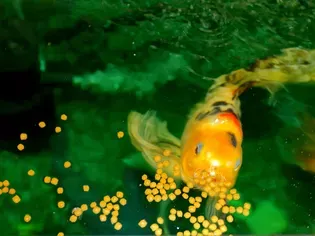
Feeding Your Aquarium Fish the Right Type of Food: A Comprehensive Guide
Introduction
Providing your aquarium fish with the proper nutrition is crucial for their overall health, well-being, and longevity. Understanding the specific dietary needs of each fish species is essential to ensure their optimal growth and development. This blog post will delve into the nuances of feeding aquarium fish the right type of food, addressing everything from choosing the appropriate diet to establishing a healthy feeding schedule.
Understanding Fish Dietary Needs
The nutritional requirements of aquarium fish vary depending on several factors, including their species, size, age, and activity level. The following are some general guidelines to consider:
* Carnivores (meat eaters): Fish like bettas, cichlids, and oscars require a diet high in protein, derived from live or frozen foods such as brine shrimp, bloodworms, or small fish.
* Herbivores (plant eaters): Algae-eating fish, such as plecostomus and Otocinclus catfish, require a diet rich in vegetable matter, including algae wafers, blanched vegetables, or spirulina flakes.
* Omnivores (eat both meat and plants): The majority of aquarium fish fall into this category and require a balanced diet that includes both protein and vegetable matter.
Choosing the Right Food
The type of food you choose for your fish should align with their dietary needs. Here are some key considerations:
* Pellets: Pellets are a convenient and栄養価の高い food option that comes in various formulations tailored to different fish species. Look for pellets that are high in protein and contain essential vitamins and minerals.
* Flakes: Flakes are another versatile food option that is suitable for a wide range of fish. They are typically lower in protein than pellets but can be a good complement to the diet.
* Frozen Foods: Frozen foods, such as brine shrimp, bloodworms, and mysis shrimp, are a great source of protein and essential fatty acids. They can be a good treat or supplement to the regular diet.
* Live Foods: Live foods, such as brine shrimp or feeder fish, can be a stimulating and nutritious option for carnivorous fish. However, they should be fed sparingly to avoid water quality issues.
* Vegetables: For herbivorous fish, fresh or blanched vegetables, such as zucchini, spinach, or cucumber, can provide essential vitamins and minerals.
Establishing a Healthy Feeding Schedule
Consistency is key when feeding aquarium fish. A regular feeding schedule will help regulate their metabolism and prevent digestive issues. Here are some guidelines to follow:
* Frequency: Feed adult fish once or twice a day, depending on their activity level. Fry (baby fish) may require more frequent feedings.
* Quantity: Feed only as much as the fish can consume within a few minutes. Overfeeding can lead to water quality problems and health issues.
* Avoid Overfeeding: Overfeeding is a common mistake that can have detrimental effects on fish health. It can lead to obesity, digestive problems, and stunted growth.
Additional Tips for Feeding Aquarium Fish
* Variety: Provide your fish with a varied diet to ensure they are getting all the nutrients they need.
* Soaking Food: For some fish, soaking food in water before feeding can soften it and make it easier to digest.
* Feeding Devices: Automated feeders can be useful if you are away from home or have irregular feeding times.
* Monitor Fish Behavior: Observe your fish while feeding to monitor their eating habits and adjust the frequency and quantity of food accordingly.
Importance of a Healthy Diet
A healthy diet is essential for the overall well-being of aquarium fish. It helps to:
* Promote growth and development
* Boost immune system function
* Prevent diseases and health problems
* Improve energy levels and vitality
* Enhance coloration and beauty
Conclusion
Feeding aquarium fish the right type of food is a crucial aspect of their care. By understanding their dietary needs, choosing the appropriate diet, and establishing a healthy feeding schedule, you can ensure your fish live long, happy, and healthy lives. Remember to observe your fish closely and make adjustments as needed to provide them with the best possible nutrition.
Explore More Pets
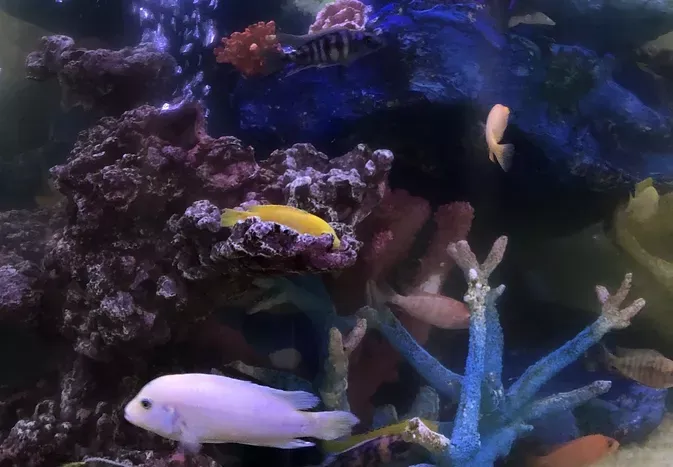
Freshwater Aquarium Filters
How to Deal With Cloudy Aquarium Water
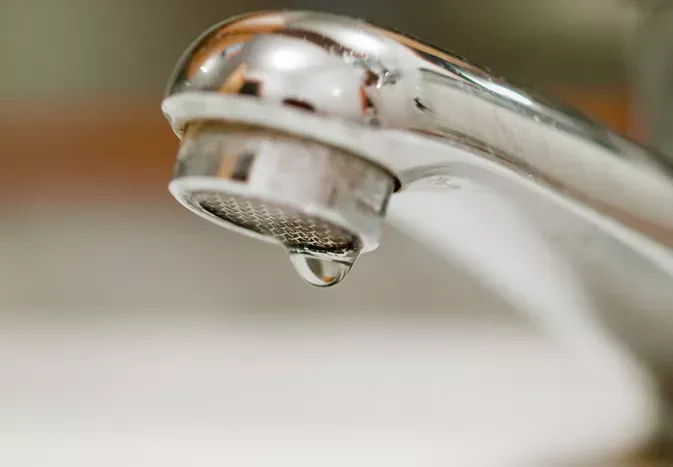
Saltwater Aquarium Filters
How Do You Remove Chloramines From Tap Water?
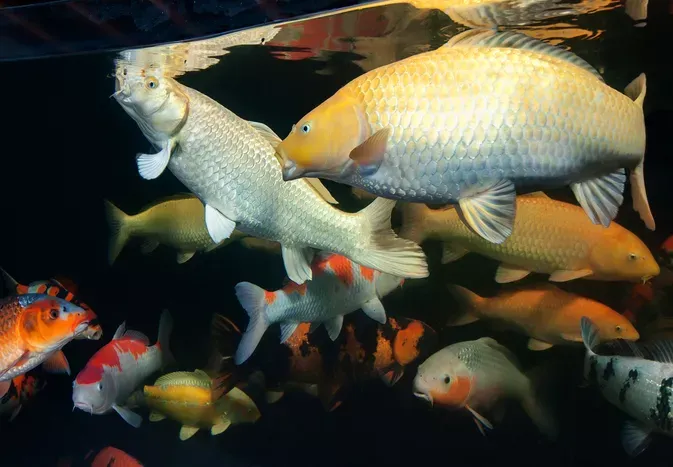
Freshwater Aquariums & Habitat
Can I Keep My Koi Fish Inside?
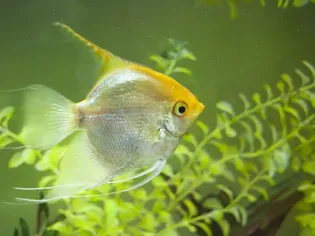
Saltwater Aquariums & Habitat
14 Best Floating Plants for Your Aquarium
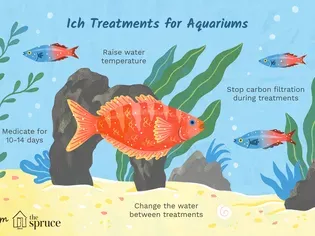
Freshwater Fish Health
How to Treat Ich on Freshwater Fish
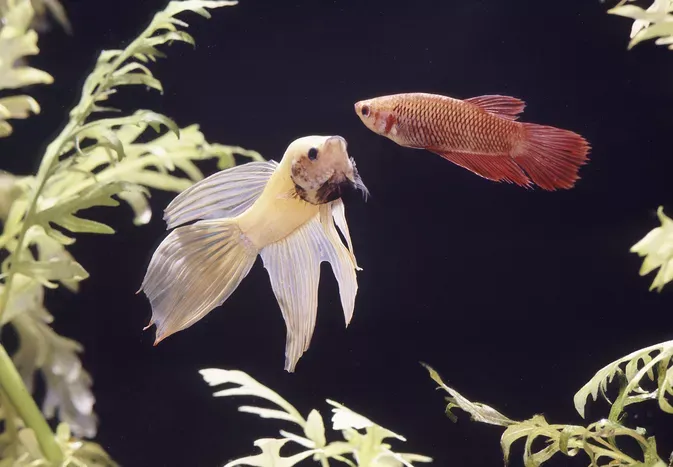
Saltwater Fish Health
Fin Rot in Aquarium Fish
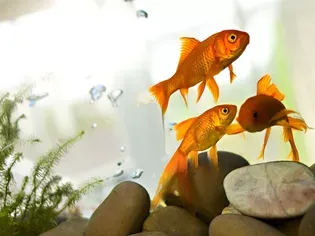
Freshwater Aquarium Filters
How to Do Aquarium Water Changes
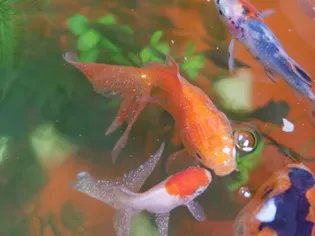
Saltwater Fish Health
How Do Fish Get Parasites?
